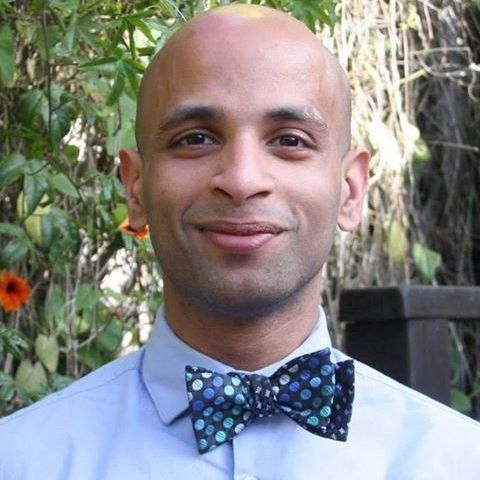
Scholars and courts generally see the harms of state surveillance as arising from the actual or potential misuse of information. State surveillance can result in discrimination, criminal penalties, or loss of benefits. But there is no clear explanation of the harm that arises from state intrusions themselves when the information is never subsequently used. By applying expressive theories of law that have fruitfully been applied to numerous legal fields to privacy law for the first time, this Article addresses that question.
I argue that state privacy intrusions create status harms. As hitherto overlooked analyses in Supreme Court case law recognize, much like installing a crèche in the public square or segregating minorities sends a message about the state’s attitudes to religion and minorities, state privacy intrusions send negative messages about the victims of the intrusion. The victims of intrusions experience these harms as affronts, undermining their self-conception and relationship with the state. More generally, intrusions can help reinforce or create anew hierarchies in various contexts and institutions with searchers at the top and the searched at the bottom.
This analysis helps address concrete doctrinal issues. Most urgently, in recent cases, individuals have challenged the mere collection of data by the government through mass surveillance programs. Lawyers and courts have challenged the standing of these plaintiffs because plaintiffs cannot show that their information was misused. But the status based harms individuals suffer should be sufficient to grant them standing. The Article ends by explaining how Fourth Amendment and due process doctrine should be modified, providing a range of remedies, varying from ending the intrusion to (counterintuitively) making the intrusion routine or secret.